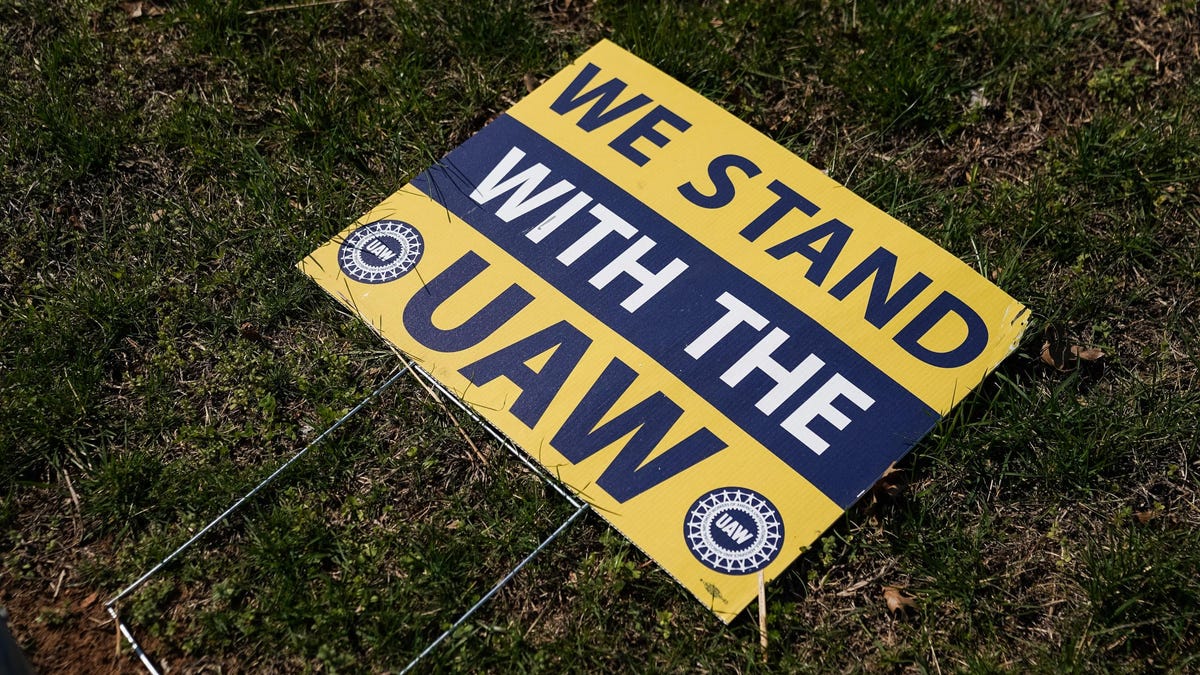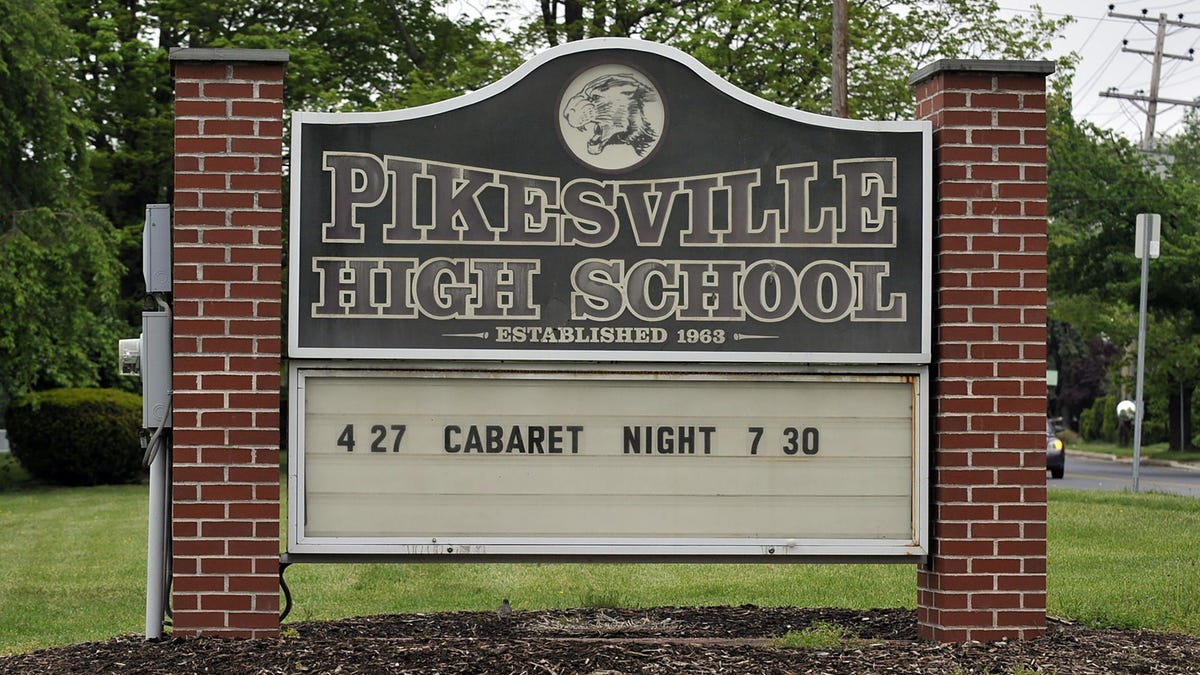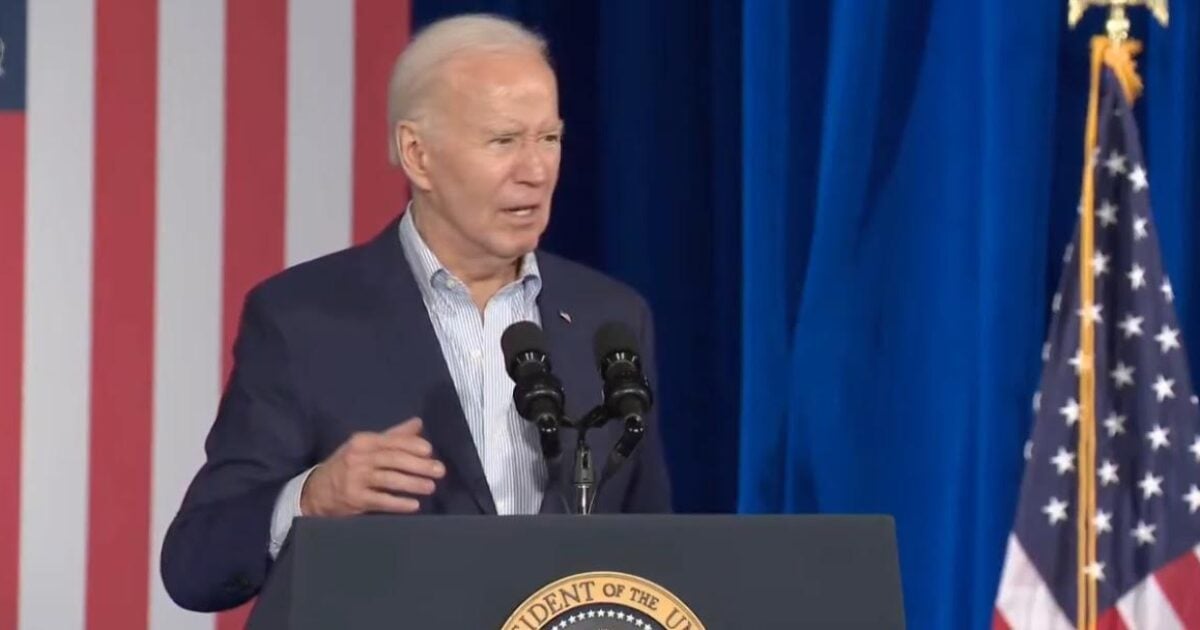Republican Governors Stand Against UAW Push for Unionization
Six Republican governors from Southern states including Alabama, Georgia, Mississippi, South Carolina, Tennessee, and Texas have united to oppose the efforts of the United Auto Workers (UAW) to unionize car factories in their respective states. In a recent joint statement, they expressed their concerns about the impact that the UAW’s campaign could have on local jobs and the values of their communities.
Workers at Mercedes-Benz and Volkswagen plants in Alabama and Tennessee, respectively, have expressed interest in joining the UAW, with unionization votes scheduled to take place this week. The UAW’s traditional stronghold has been among employees of major American car companies like Ford, General Motors, and Stellantis. Following successful strikes last year that resulted in significant pay raises and benefits, the UAW has been eager to expand its membership.
The union announced plans to allocate $40 million over the next two years to support its unionization efforts. However, the Southern governors are wary of the potential consequences of organized labor gaining ground in their states, which currently have some of the lowest unionization rates in the country.
Concerns About Potential Layoffs
The governors highlighted the positive working relationships that exist when employees have direct communication with their employers. They fear that an increase in unionization could lead to job cuts, disrupting the stability of the workforce in their states.
All six states have laws known as “right-to-work” laws in place, which make it more challenging for unions to collect dues that support their bargaining activities. Alabama, Mississippi, and Tennessee have even enshrined this policy in their state constitutions, further emphasizing their commitment to maintaining a business-friendly environment.
Various analyses, including a report by the Economic Policy Institute, suggest that unions pose a threat to the economic development model prevalent in the South. This model, which has historical ties to slavery, has often prioritized keeping wages and benefits low. Unions serve as a significant counterforce to this approach, advocating for better working conditions and fair compensation for employees.
Historical Challenges
This is not the first time that the UAW has attempted to unionize facilities in the South. Previous efforts at the Volkswagen plant in Tennessee in 2014 and 2019 were unsuccessful. However, a successful unionization vote this week would signal a significant shift in labor relations in the region.
The stance taken by these governors reflects their commitment to preserving the existing labor landscape in their states and ensuring that the interests of their constituents remain protected amidst evolving economic dynamics.
Image/Photo credit: source url





